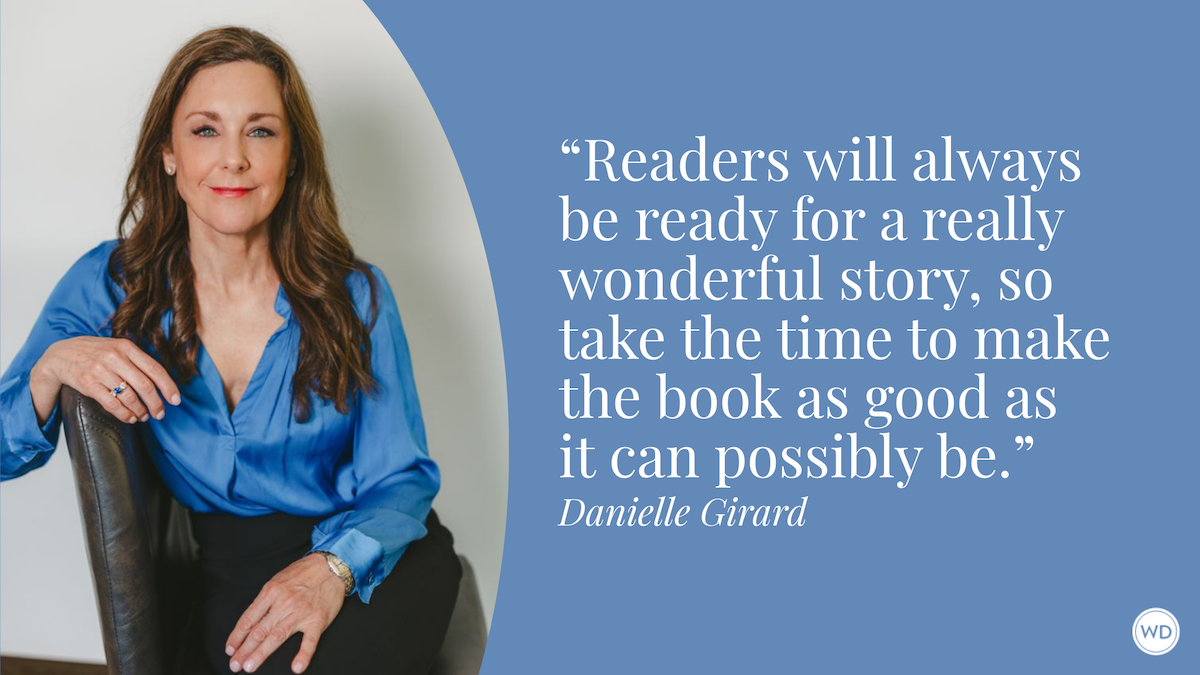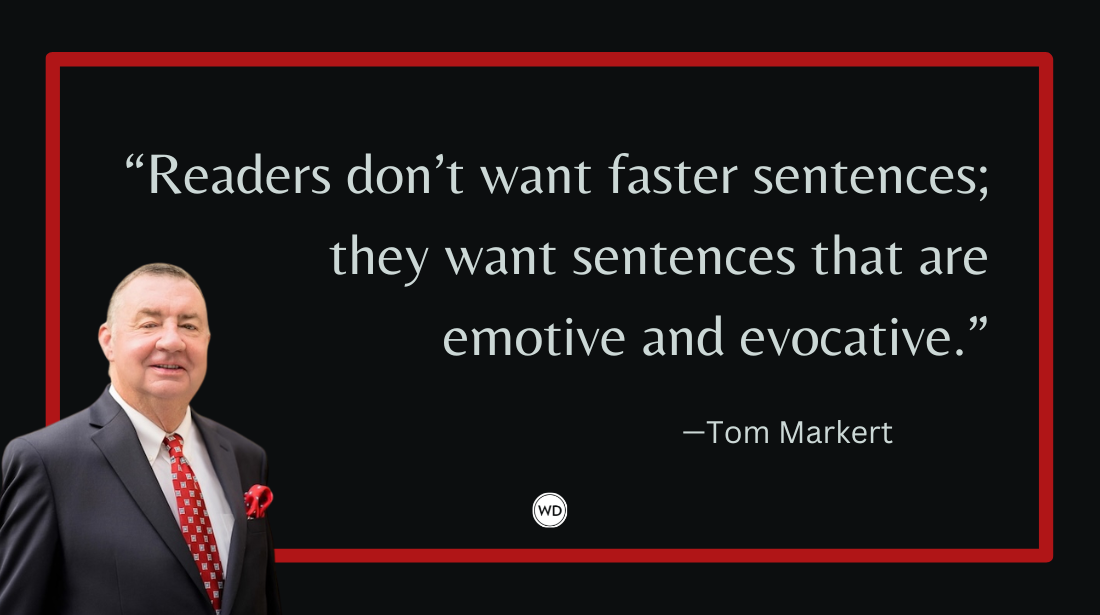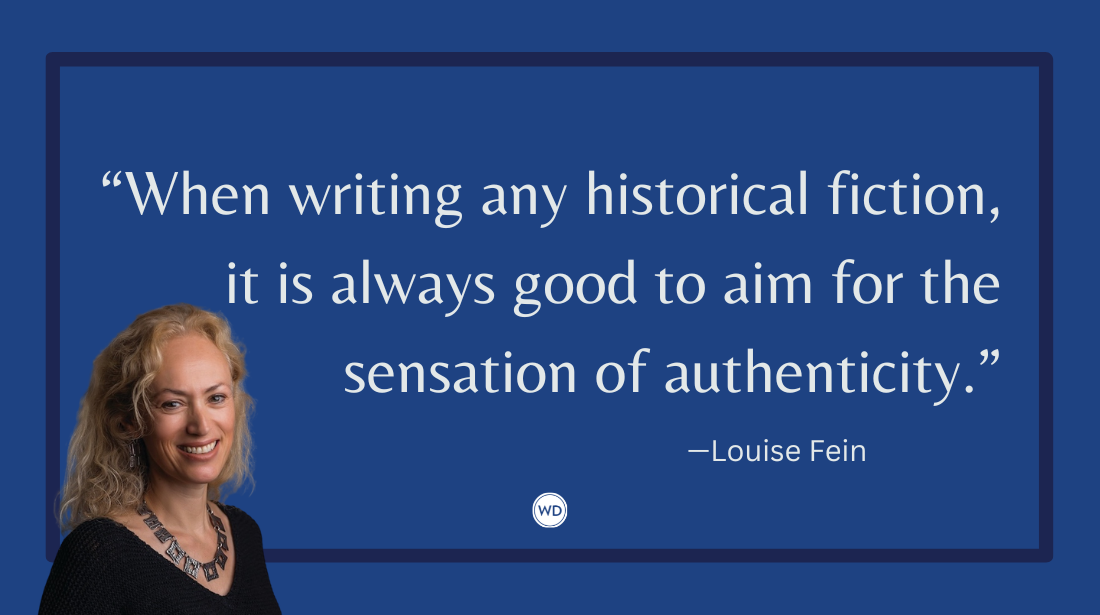What Truly Separates a Hero From a Villain?
Author Jack Anderson discusses what separates a hero from a villain by examining an exchange between Sherlock Holmes and Professor Moriarty.
When I first began writing in the world of Sherlock Holmes, I had the joy of unearthing my childhood collection and re-reading it front to back. As I arrived at "The Final Problem," the story of Holmes’ fateful battle against the villainous Professor Moriarty, I came across a brief verbal interplay that I had never quite registered before.
It began with a threat, delivered from a parlor chair in 221b Baker Street, where the aggrieved criminal mastermind stated to Holmes: ‘If you are clever enough to bring destruction upon me, rest assured that I shall do as much to you.’
To which Holmes, with his dry, easy charm, replies: ‘If I were assured of the former eventuality I would, in the interests of the public, cheerfully accept the latter.’
It’s a fleeting little extract, in a conversation full of quotable moments, but there was something about it that stuck with me. These two characters are, unknowingly, referencing their final confrontation at the summit of the Reichenbach Falls, that fateful arena where they will both face “destruction” at each other’s hands.
Yet, despite discussing the same event, it’s clear they viewed it completely differently. A villain and a hero, discussing the exact same moment through two different lenses.
In the modern age, the line between hero and villain has grown increasingly blurred. Anti-heroes, anti-villains, evil protagonists, and justified antagonists have turned the traditional moral framework of fiction into a rich, and sometimes confusing, tapestry.
And yet, even if it is more a suggestion than a rule, all these descriptions require a line to be drawn somewhere, and the question of what separates a hero from a villain, sits at the heart of the stories we tell. In that short dialogue, between these two iconic adversaries, I encountered the essence of what separates Holmes from Moriarty, and as my writing faced me with the question of what makes James Moriarty the villain he is, I found, in that interchange, all the answers I needed.
Heroes Die for Their Beliefs, Villains Kill for Them
The first major difference between heroes and villains is their capacity for self-sacrifice.
In the show Game of Thrones, it’s said of Lord Petyr Baelish that “he would see this country burn if he could be king of the ashes.” As that quote alone illustrates, Lord Baelish has no ideals that he would consider dying for. Villains can have their ideas, their schemes, but at a fundamental level they sit at the center of those plans.
Moriarty, despite all his intellect, can’t fathom, that someone would hold their ideals above their personal survival, whereas Holmes will “cheerfully accept” his own death in pursuit of a higher goal.
In the battle of wits between Holmes and Moriarty, which so often plays to a stalemate, it’s perhaps the greatest edge that Holmes, and heroes like him, has. Moriarty needs to win, but Holmes, representing something greater than himself, can settle for both of them losing.
Heroes Don’t Act for Themselves
In that parlor room, when Moriarty threatens destruction upon Sherlock Holmes, he again makes a crucial miscalculation. It becomes clear in that moment, that Moriarty is fighting for himself, and assumes Holmes to be similarly self-interested. When Holmes responds that he would accept his fate “in the interest of the public,” the gulf between them only grows wider.
Across literature, the calling card of the villain is a certain breed of selfishness. Not greed, per se, but a philosophy built around fulfilling their own desires; revenge instead of justice, control instead of order. If anything, it’s the journey of a hero, to set off in the pursuit of what they want, to ultimately discover what they truly needed; often something less self-involved, something which benefits those around them. It’s the tragedy of the villain that they never learn this lesson.
Heroes Do What Must Be Done; Villains Do What They Want
Moriarty’s threat constitutes a needless escalation and act of vengeance. By contrast, Sherlock merely accepts it as a consequence, resolving that he’ll do what is necessary.
It’s often a misconception that heroes are proactive. In most stories, the world is peaceful in its natural state, and a hero finds no reason to change it. Frodo frolics in the Shire, Luke Skywalker works on his farm, even Sherlock Holmes, more proactive than many heroes, smokes his pipe in Baker Street, waiting for a criminal to send a mystery his way. In fact, for all these examples, it takes a pro-active villain to threaten their world and bring them into action. Even then, a good hero never seeks to stay in the story for longer than necessary.
A shining example of this is Breaking Bad. Walter White, forced to cook meth to provide for his family, is positioned as a hero by every rule in this list. Yet, when he’s offered a way out, and a family friend offers all the money he could need, Walter spurns it. In doing so, he prolongs his story unnecessarily and takes his first step into villainy.
The question of what makes a villain is broad, with as many exceptions as rules. But with Sherlock Holmes and Professor Moriarty, Sir Arthur Conan Doyle gives us an outline, typified by how they see their final reckoning. Holmes steps to that precipice accompanied by his ideals, acting for others and only as needed to end a great threat. Moriarty holds nothing higher than himself, fights for no one, and arrives only for a frivolous act of revenge.
And while, in "The Final Problem," they both fall to their deaths; it's Sherlock’s higher calling, his altruism, and his clarity of purpose that declares him the winner. Moriarty, a true villain, sees nothing outside himself, and so, in his meeting with the falls, loses everything he holds dear.
Check out Jack Anderson's The Return of Moriarty here:
(WD uses affiliate links)









